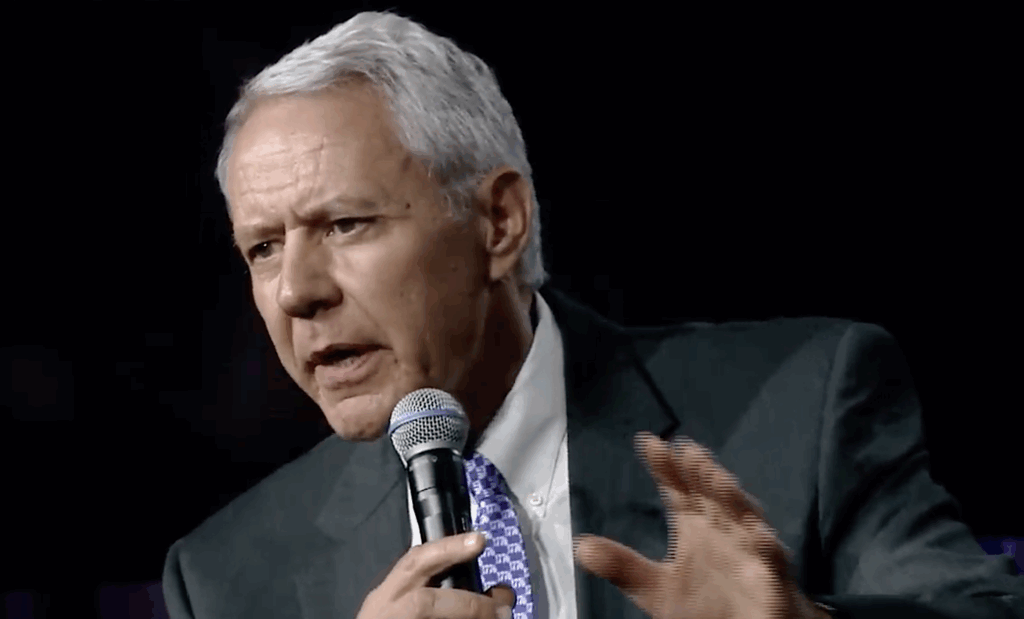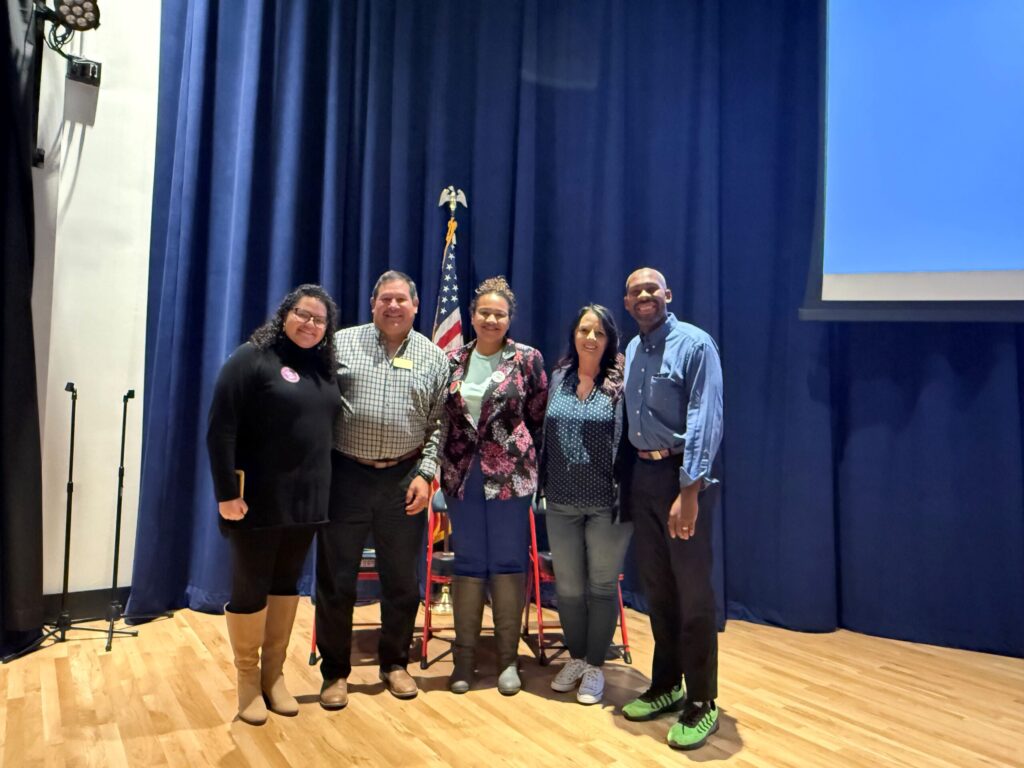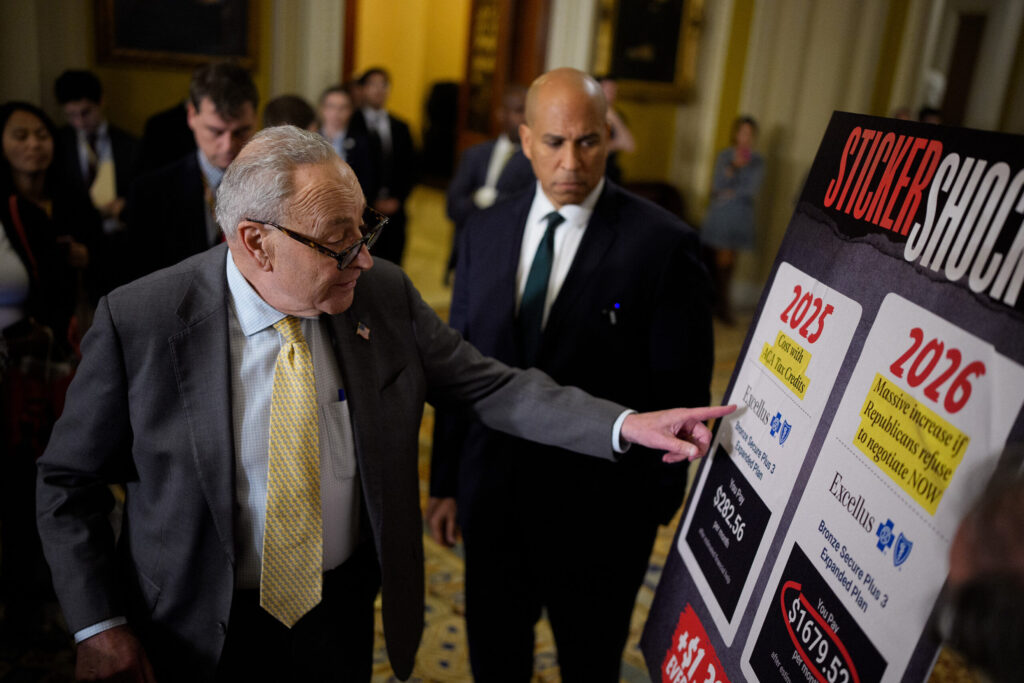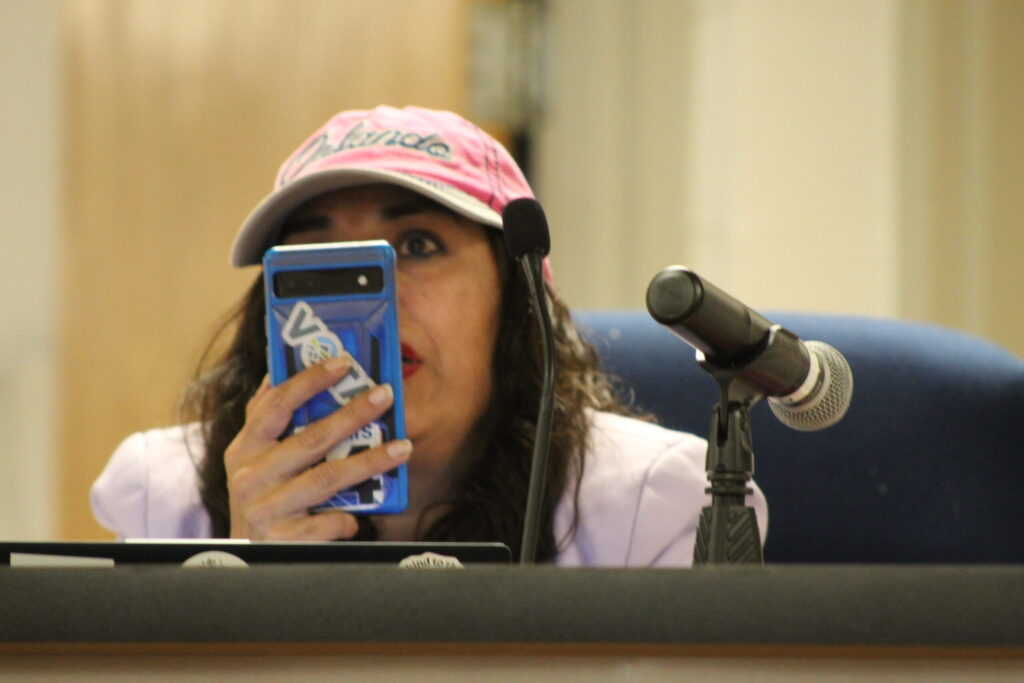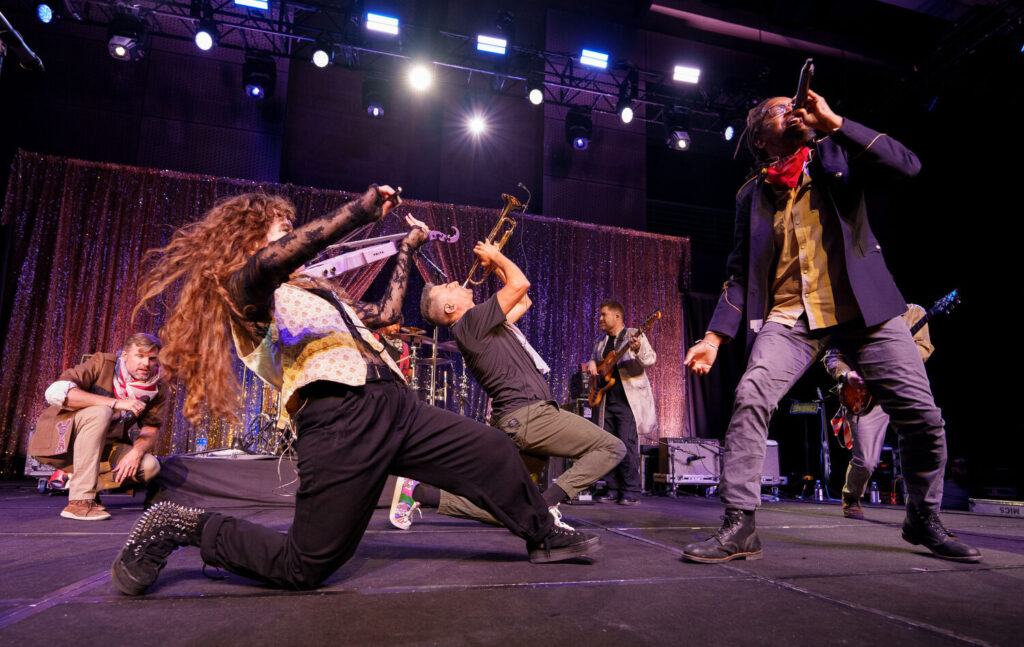Williams: New election rules protect overseas voters

Earlier this month I adopted several amendments to the Secretary of State elections rules. In large part, these amendments are “cleanup” in nature; that is, they reword certain rules for grammar and clarity, they repeal some unnecessary or overly burdensome rules, and they reflect recent legislative changes in election law.
In addition to those more-technical amendments, I adopted a rule that clarifies the General Assembly’s mandate to permit electronic transmission of ballots to and from military and overseas citizens. Unfortunately, there are some who do not want members of the military, their family members, military contractors, missionaries, and other Coloradans abroad to have the same ability to vote that you and I have. Those of us in Colorado have the ability to study the issues and candidates and then turn in our ballots after reviewing what’s on them for several weeks. That way, we can make informed choices.
To permit these military and overseas voters the same rights, the General Assembly adopted a law in 2006 permitting electronic ballot transmission for this limited number of voters and then readopted it in 2011. Let me be clear: My rule puts some previously nonexistent guardrails on the legislature’s electronic transmission policy. The General Assembly adopted the law, not me. And I’m required to construe the law so that every eligible voter may vote — in fact, that’s a specific requirement of Colorado law.
Not surprisingly, a handful of elections activists used this most-recent rulemaking to rail against what they term “Internet voting.” But what does surprise me is seeing members of the General Assembly, past and present, make misinformed statements and greatly exaggerate the purpose and effect of the new rule. Despite the fact that my rule actually narrows the application of electronic transmission, the naysayers continue to falsely claim that I’m expanding Internet voting and that I’m ignoring the advice of experts in the field. I have two responses.
First, it was the federal government and Colorado’s General Assembly that expanded electronic transmission for military and overseas voters. My rule simply informs the voter when electronic transmission is and isn’t appropriate and for the first time requires that they affirm under oath these limitations.
Second, before Coloradans elected me Secretary of State, I served for four years as the chief election official of El Paso County — Colorado’s most-populous county and home to the highest percentage of Colorado’s military and overseas voters. As such, I am aware of various attempts to limit the ability of the military to vote — including in Florida in 2000. I have spent a great deal of time thinking about ways to enfranchise our uniformed servicemen and servicewomen while ensuring election security and integrity. I have not ignored experts in this area: I am an expert in this area. And every county clerk in Colorado who commented on the proposed rules supported my amendments, so I’m not alone.
Yet activists and a few lawmakers who’ve never actually administered an election think they know better than us. And their hyperbolic statements make it sound as if every voter in the state transmits a ballot electronically. In reality, fewer than 3,400 voters did so in the 2014 General Election, only a fraction of a percent of Colorado’s total voting population and less than a quarter of the eligible military and overseas voters. And of those 3,400, there was not one single reported instance of hacking, tampering or theft.
If members of the General Assembly don’t like the law, they are in the unique position to change it. But I am not. Simply put, I do not have the authority to legislate policies; that is their realm. Until they choose to exercise their authority, I will continue to fulfill my duties as Secretary of State, one of which is to ensure free and fair elections in Colorado, and to ensure that our military and overseas voters have the same right to vote. My office also will continue to seek to enhance security and access.
Make no mistake, election security and integrity are of the utmost importance to me. My goal is to enfranchise military and overseas voters within those bounds. Those wishing to limit our uniformed servicemen and servicewomen’s right to vote should contact their respective legislators.
Secretary of State Wayne Williams, a Republican, was El Paso County’s elected clerk and recorder prior to his election statewide in 2014.


